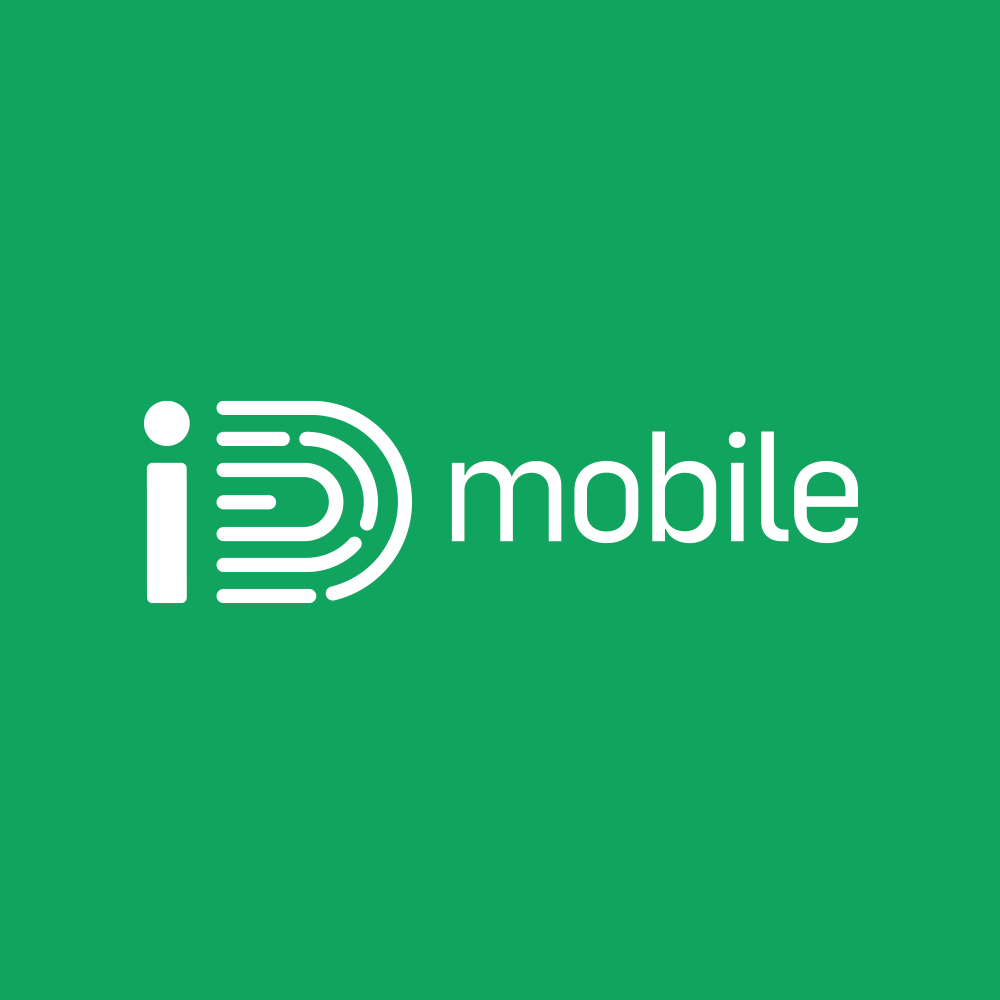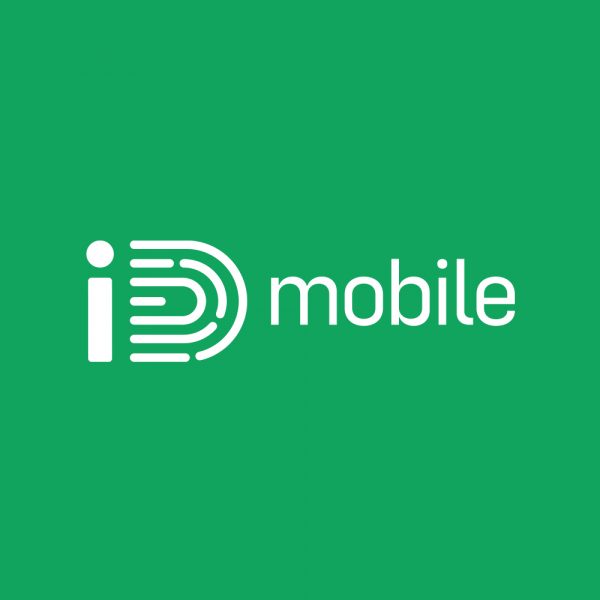UK ISP BT Quietly Forces CGNAT IPv4 Internet Address Sharing Pilot
Customers of BT Retail’s Total Broadband Option 1 package have reportedly become experimental subjects for the ISP’s new pilot of the controversial IPv4 internet address sharing (Carrier Grade NAT) technology, which could cause problems because it allows a single IP address to be shared between several users.
Most fixed line ISPs assign a unique Internet Protocol (IP) address to your connection each time you go online via the IPv4 (Internet Protocol version 4) standard. Sadly these addresses are running out and its replacement, IPv6, is not directly compatible with the old standard.
As a result ISPs will need to run dual-stack networks, which allow both the IPv4 and IPv6 standards to communicate, although this also means that IPv4 addresses are still likely to be needed for quite a few years to come.
Meanwhile the number of spare IPv4’s is still in decline and many ISPs are expected to solve this by adopting CGNAT to help share the remaining IPv4 addresses (much as mobile broadband operators already do). ISPreview.co.uk wrote a fairly extensive article about all this in January 2013 – The Dangers of Adopting IPv4 Internet Address Sharing.
BTRetail Statement on CGNAT (Thinkbroadband)
“We have decided that we will pilot this new technology with our Option 1 Total Broadband customers who on average use the internet least. We believe they are the least likely group of customers to experience any issues or disruptions due to CGNAT, which can interfere with complex online activities like hosting servers at home. We do not think these customers will notice any difference at all in their broadband performance, but if any of these customers did have any resulting issues, we would be happy to restore their connection to an individual IP address.
BT is also working to introduce IPv6 internet addresses during 2013, but customers will need both IPv4 and IPv6 addresses for the foreseeable future.”
BT specifically states that “certain” customers will find that they could be sharing a single IP address with up to nine other users, although happily those who wish to opt-out of the seemingly enforced pilot can do so by visiting their related CGNAT FAQ Page and filling-in an opt-out form (you might well wish to do this).
The ISP claims to be “confident that you’ll not notice any impact to the reliability, speed, privacy or security of your BT Broadband service“, although it immediately contradicts this a few lines later by saying, “some applications, such as online games, VPNs, file transfer (FTP) or dynamic DNS services … may have problems” (note to BT: online multiplayer games are pretty popular).
One problem is that some internet services, such as those mentioned above (or other things like web-polls and online authentication systems), assume that every user will have a unique IP address and this can cause problems for those who don’t. For example, if somebody “sharing” you IP is banned from a service then you too could end up suffering from the same restriction. Port forwarding on your router, which is often needed for some online games and other services, can also run into difficulties with CGNAT.
In reality this may be a problem that ISPs, especially the big boys, cannot easily avoid and indeed most have already expressed a desire to adopt this solution. As a result internet providers are putting a lot of effort into ensuring that their chosen method does not disrupt services for existing customers, although some problems may be unavoidable. Check out our above linked article for more detail and extended feedback from ISPs.
In an ideal world ISPs might offer a special non-CGNAT service for customers, such as online gamers, who want to be able to use the internet as it was intended. At least BT has, for now, had the good sense to give their customers an opt-out solution.
Mark is a professional technology writer, IT consultant and computer engineer from Dorset (England), he also founded ISPreview in 1999 and enjoys analysing the latest telecoms and broadband developments. Find me on X (Twitter), Mastodon, Facebook and Linkedin.
« Sky Adds GBP25 M&S Voucher to 6 Months Free Unlimited Broadband
Latest UK ISP News
- FTTP (5509)
- BT (3513)
- Politics (2535)
- Openreach (2296)
- Business (2260)
- Building Digital UK (2243)
- FTTC (2042)
- Mobile Broadband (1972)
- Statistics (1787)
- 4G (1663)
- Virgin Media (1617)
- Ofcom Regulation (1459)
- Fibre Optic (1393)
- Wireless Internet (1389)
- FTTH (1381)
























































Comments are closed